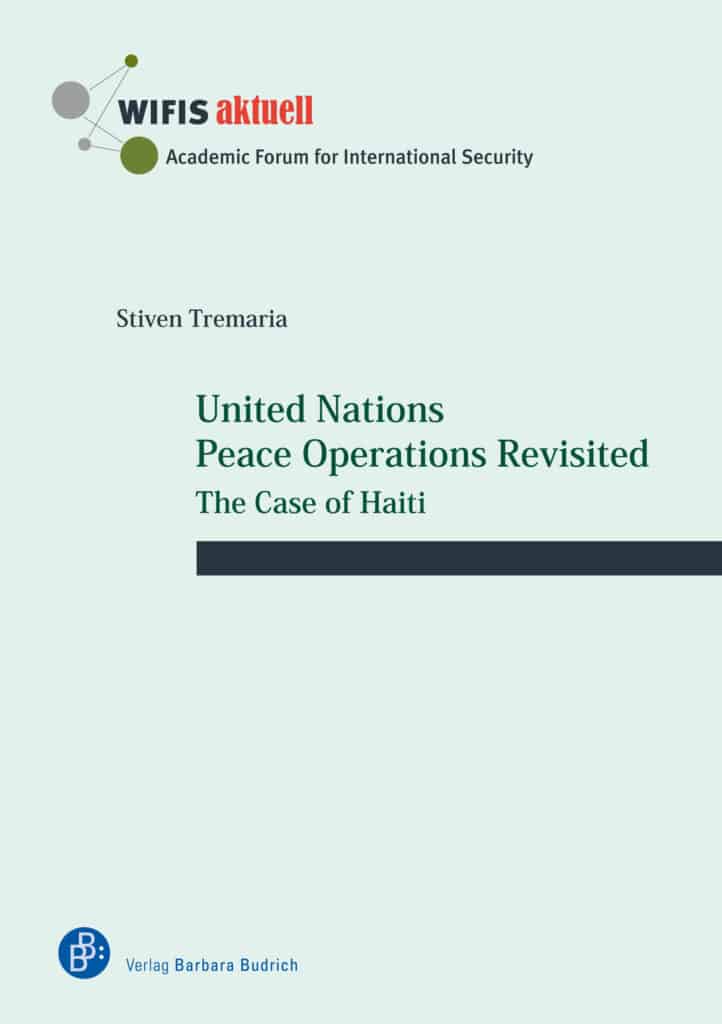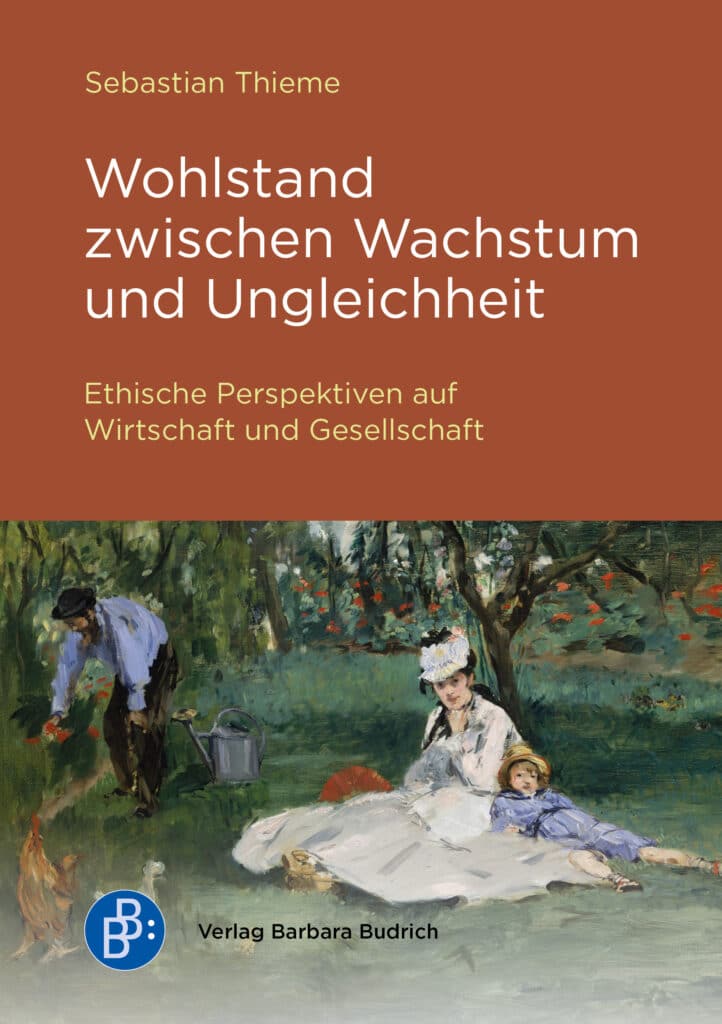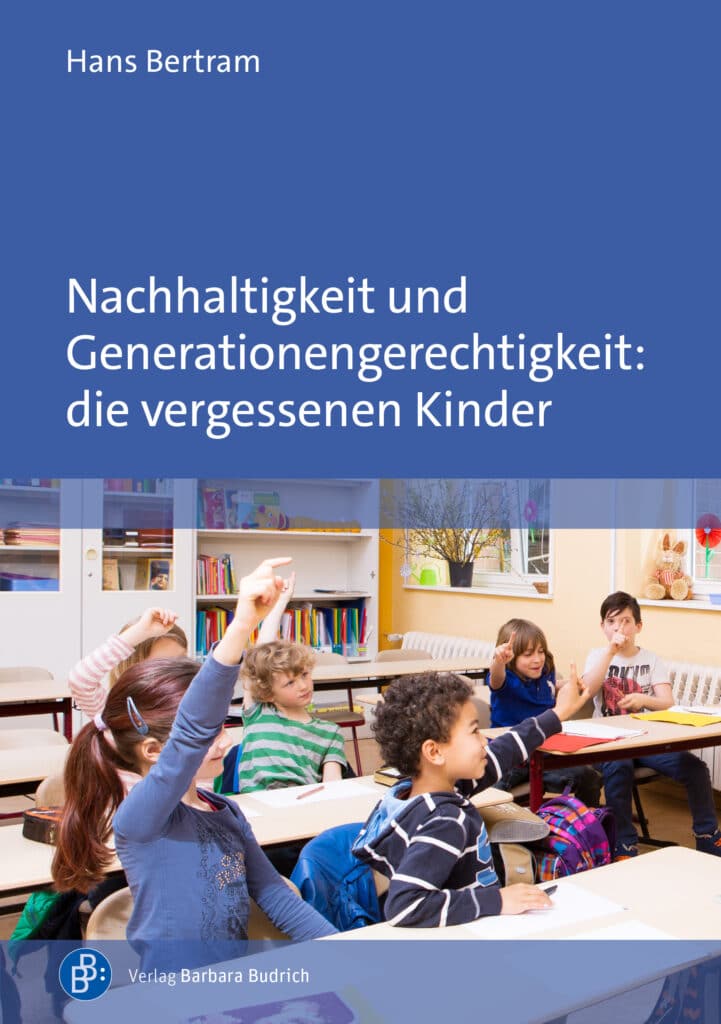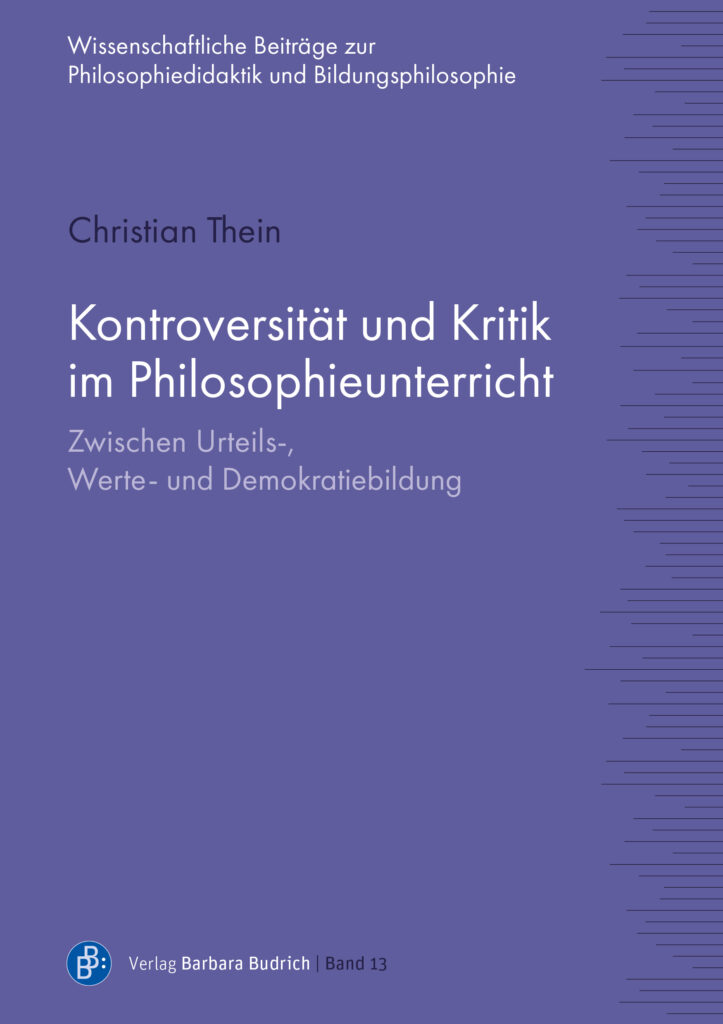Informationen zum Buch
Home » Publications » The State-Building Dilemma in Afghanistan
The State-Building Dilemma in Afghanistan
The State Governmental Design at the National Level and the Role of Democratic Provincial Councils in Decentralization at the Sub-National Level
Erscheinungsdatum : 27.09.2021
33,99 € - 42,00 €
Beschreibung
After nearly two decades of war, on February 2020, the Trump administration signed an agreement with the Taliban through which the US and its NATO allies’ troops must leave Afghanistan within the following few months. This agreement also paves the ground for Intra-Afghan talks between the US backed Islamic Republic of Afghanistan and the Taliban militant group. This book critically reviews the US/NATO military, peace-and-statebuilding intervention since 2001 in Afghanistan. In addition, based on collected field interviews, it presents the Afghan perception and discourse on the topics such as democracy, Islam, women rights, formal and informal governance, ethnic divide and the state democratic governmental design at the national and subnational level.
This research endeavors to critically study the state-building intervention in Afghanistan since the collapse of the Taliban regime in late 2001. Based on field interviews collected from six large Afghan provinces, this book explores an alternative state governmental design at the central level and examines the role of elected provincial councils for decentralization at the sub-national level in Afghanistan.
While the 2004 Afghan constitution adopted a heavy unitary centralized state system, in practice, it continued an ethnopolitical elite power-sharing government agreed upon at the December 2001 Bonn conference. The findings of this study reveal that implementing a non-ethnic-party and merit-based democratically elected unitary government as envisioned in the 2004 Afghan constitution, would neither be accepted by the various ethnic groups and parties nor would it be backed by the regional and international partner countries.
This research also finds that the Afghan elected Provincial Councils (PC) in place since 2005 are constitutionally week and in some instances dominated by warlords and drug mafias. Nevertheless, they have proved significant to local governance in rural Afghanistan, improving political awareness, the mobilization and participation of women, government legitimacy, democracy, and economic development. If the Afghan government ever managed to make peace with the Taliban, curbed warlordism and corruption, then for implementing decentralization, the Afghan PCs are the most feasible democratic institution to build on.
Table of contents + reading sample
The author:
Haqmal Daudzai completed his Ph.D. at the Faculty of Law, Economics and Social Sciences at the University of Erfurt in Germany.
Download for free: publicity leaflet (pdf)
The target group:
Researchers and lecturers in political science
Zusätzliche Informationen
| ISBN | 978-3-96665-030-4 |
|---|---|
| eISBN | 978-3-96665-974-1 |
| Format | 14,8 x 21 cm |
| Scope | 277 |
| Year of publication | 2021 |
| Date of publication | 27.09.2021 |
| Edition | 1. |
| Language | Englisch |
| Publisher | |
| Series | Schriften der Willy Brandt School of Public Policy an der Universität Erfurt |
Autor*innen
Beschreibung
Beschreibung
After nearly two decades of war, on February 2020, the Trump administration signed an agreement with the Taliban through which the US and its NATO allies’ troops must leave Afghanistan within the following few months. This agreement also paves the ground for Intra-Afghan talks between the US backed Islamic Republic of Afghanistan and the Taliban militant group. This book critically reviews the US/NATO military, peace-and-statebuilding intervention since 2001 in Afghanistan. In addition, based on collected field interviews, it presents the Afghan perception and discourse on the topics such as democracy, Islam, women rights, formal and informal governance, ethnic divide and the state democratic governmental design at the national and subnational level.
This research endeavors to critically study the state-building intervention in Afghanistan since the collapse of the Taliban regime in late 2001. Based on field interviews collected from six large Afghan provinces, this book explores an alternative state governmental design at the central level and examines the role of elected provincial councils for decentralization at the sub-national level in Afghanistan.
While the 2004 Afghan constitution adopted a heavy unitary centralized state system, in practice, it continued an ethnopolitical elite power-sharing government agreed upon at the December 2001 Bonn conference. The findings of this study reveal that implementing a non-ethnic-party and merit-based democratically elected unitary government as envisioned in the 2004 Afghan constitution, would neither be accepted by the various ethnic groups and parties nor would it be backed by the regional and international partner countries.
This research also finds that the Afghan elected Provincial Councils (PC) in place since 2005 are constitutionally week and in some instances dominated by warlords and drug mafias. Nevertheless, they have proved significant to local governance in rural Afghanistan, improving political awareness, the mobilization and participation of women, government legitimacy, democracy, and economic development. If the Afghan government ever managed to make peace with the Taliban, curbed warlordism and corruption, then for implementing decentralization, the Afghan PCs are the most feasible democratic institution to build on.
Table of contents + reading sample
The author:
Haqmal Daudzai completed his Ph.D. at the Faculty of Law, Economics and Social Sciences at the University of Erfurt in Germany.
Download for free: publicity leaflet (pdf)
The target group:
Researchers and lecturers in political science
Bibliography
Zusätzliche Informationen
| ISBN | 978-3-96665-030-4 |
|---|---|
| eISBN | 978-3-96665-974-1 |
| Format | 14,8 x 21 cm |
| Scope | 277 |
| Year of publication | 2021 |
| Date of publication | 27.09.2021 |
| Edition | 1. |
| Language | Englisch |
| Publisher | |
| Series | Schriften der Willy Brandt School of Public Policy an der Universität Erfurt |
Produktsicherheit
Bewertungen (0)
Bewertungen
Es gibt noch keine Bewertungen.









Bewertungen
Es gibt noch keine Bewertungen.